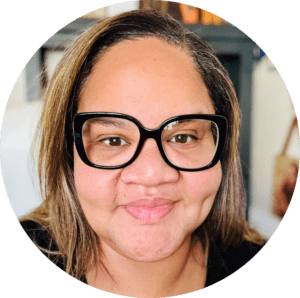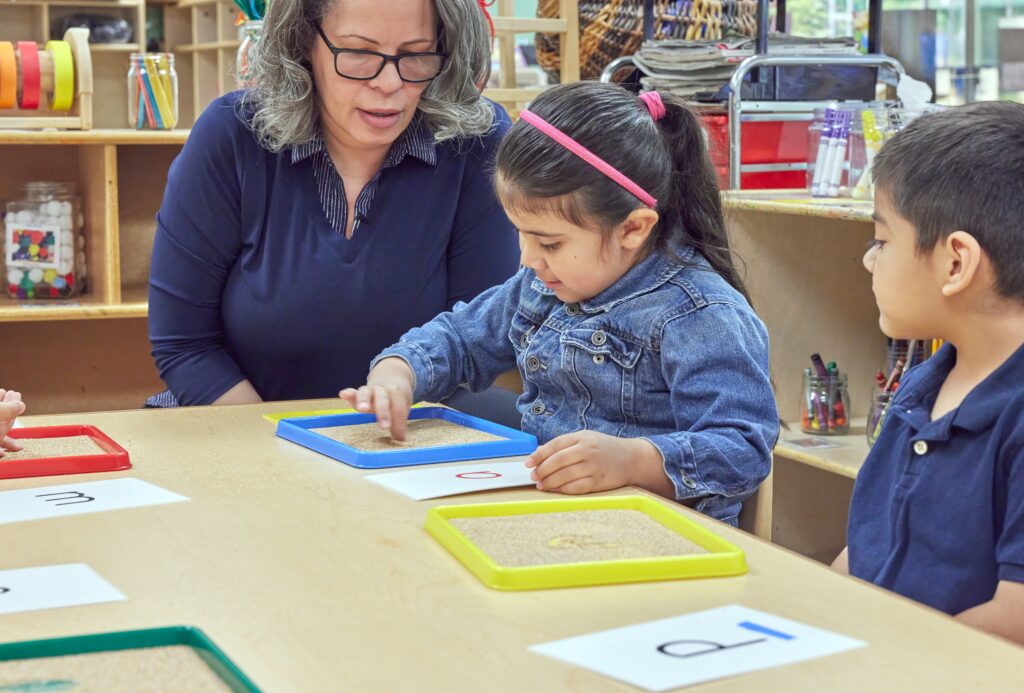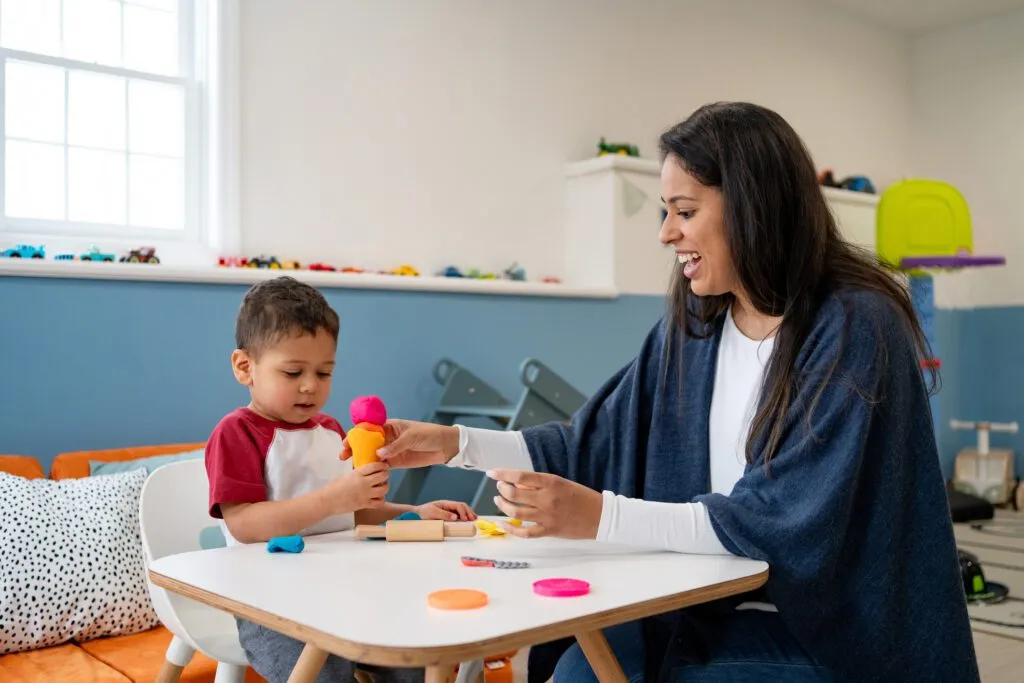Assessment is valuable. It’s time to make it feel more manageable for overworked educators.


From Alaska to North Carolina, from North Dakota to Connecticut and California, I crisscrossed the country this spring to spend time in early childhood classrooms. I observed as educators skillfully engaged children in rich, hands-on learning experiences; I watched children use open-ended materials like beads and pipe cleaners to create, invent, and problem-solve; I sat around tables in faculty lounges to hear firsthand from school leaders about what’s working—and what’s not—in the classroom and in the profession.
My field work was both heartening and thought-provoking—and many of the takeaways from my time on the road were mirrored in the findings of our third annual survey of the educator workforce.
This was especially evident in how educators approached assessment. As expected during the final weeks of school, I saw many actively engaged in assessing children’s learning. Some used formative assessment tools to capture real-time observations and interactions, while others focused on summative assessments to reflect on each child’s growth and development over the course of the year.
According to the 2025 survey results, early childhood educators find assessment valuable, with 95% of respondents identifying its benefits. They recognize that assessment is critical for understanding children’s developmental progress (33%) and for individualizing learning (32%), among other benefits.
Despite recognizing the value of assessment, educators say it often feels burdensome. Educators (31%) report assessment “feels like just another thing I have to do.” Moreover, it feels time-consuming, with 29% of educators spending 2–5 hours weekly on assessment activities. Finally, there are obstacles to effective assessment implementation, such as insufficient time (28%) and too many different required tools (19%).
This feedback—from in-person conversations and survey responses—makes it clear that we have more work to do to make assessment more manageable for educators who are also feeling overworked and burnt out. (The survey found mental health concerns and workload among the top reasons educators are leaving their current role and the profession entirely).
Teaching Strategies is listening. Ahead of the 2025-2026 school year, we’ve enhanced and expanded our assessment suite through the creation of GOLDFinch. GOLDFinch combines GOLD, the most widely used and industry-leading observational assessment tool, with Finch, a new game-based assessment product. Together, they offer a comprehensive view of each child’s development and school readiness—in reading, math, and other areas—and provide educators with actionable data and insights to individualize learning.
When assessment data is captured directly from children, educators save valuable time—time that can be reinvested where it matters most. High-quality assessment is essential for understanding children’s development, but too often, the process of collecting data becomes the focus. When educators spend less time on data collection and have access to tools that help them efficiently interpret and act on that data, they’re better able to individualize learning.
This spring, I saw firsthand the potential power of that shift—teachers using their time to spark curiosity, deepen relationships, and tailor learning experiences in meaningful, creative ways. It left me feeling inspired to keep working on ways to help teachers tap into this superpower.



